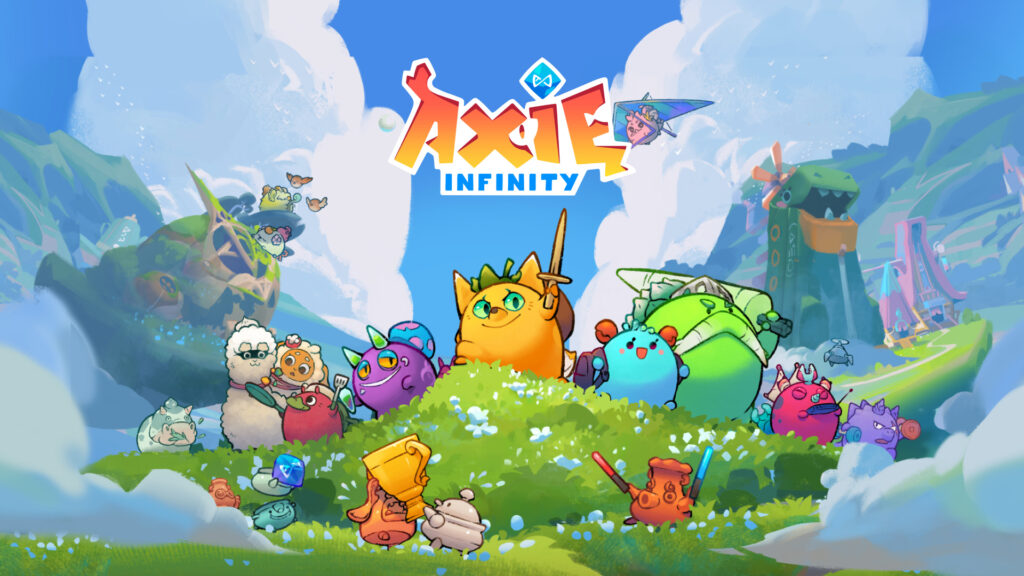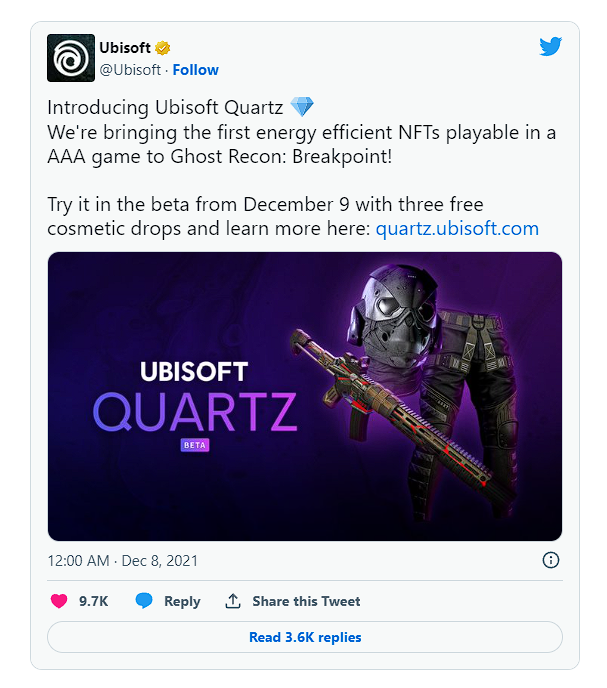Unlike in typical games, where players’ in-game objects are held on separate data networks and legally belong to the game’s developer, NFTs provide players the chance to legally own the unique assets they gain.
Over the previous 50 years of home video gaming, games have always been a method to unwind and relax after a hard day at the office. But lately, a new genre of games has evolved, with players being rewarded with digital currency using NFTs and blockchain technology.
Since “play-to-earn” games in certain countries now enable gamers to make a living by playing video games, scholarship programmes and academies have sprung up to assist players in navigating this peculiar new landscape.
Many players are disgruntled with the commercialization of what was previously a pleasurable and soothing hobby, despite the fact that proponents of pay-to-play games argue that players may be compensated for doing something they would have done for free otherwise.
You might potentially win cash while playing.
Simply put, “play-to-earn games” are any video games that provide the player the chance to win a monetary prize in return for playing.
After years of “gold farming” and other black marketplaces for in-game goods helping gamers earn money, the introduction of blockchain technology and NFTs has completely reshaped the industry.
Tokens that cannot be resold are known as non-fungible tokens (NFTs), and they may be used to prove ownership of media files. Virtual items like clothing and land may be staked as personal property in blockchain video games.
In contrast to the scenario in conventional games, where in-game items are held on segregated data networks and belong to the firms that generated the game, with NFTs, players may really own the unique assets they gain. The fact that NFTs may be easily sold amongst users of various platforms is a major benefit when compared to standard video games. This implies that virtual goods inside a game may be purchased and sold on any NFT market. The scarcity of these NFTs gives them real-world worth.
The only real advantage of playing regular games is that they’re fun. The game is a one-time purchase, and unless you’re an esports pro or a really successful streamer, you won’t receive your money’s worth. In contrast, players in blockchain-based games have a chance to win real money.
Thanks to blockchain technology, participants from all walks of life and all corners of the globe may take part in wealth transfers and be fairly compensated for their efforts.
The widespread acceptance of “playing for money”

The most played free-to-play game is Axie Infinity, a monster-battling RPG in the manner of Pokémon released in 2018 by an indie firm. Players complete missions, battle opponents, and breed new generations of the cartoon animals in exchange for collectible NFTs (Axies), the game’s money. Axie Infinity Shard (AXS) tokens are used to vote on game and development-related issues, while Smooth Love Potion (SLP) tokens are rewarded to players as a kind of in-game currency for their efforts in combat.
With 2.8 million daily players and a total transaction volume of $3.8 billion, Axie Infinity is one of the most popular play-to-earn games; in certain countries, such as the Philippines and Indonesia, people are even playing Axie to support their families. Thanks to “Axie scholarship” initiatives like the one offered by Yield Guild Games, Axie owners may now lend out their NFTs to other players.
Half of the gamers, according to Axie Infinity co-founder Aleksander Leonard Larsen, had never used any crypto application before, showing that play-to-earn games are helping to spread crypto acceptability. However, there are costs associated with playing the game; to begin, you must purchase three Axie NFTs, each of which may cost several hundred dollars on its own. According to Larsen, “it’s really hard to begin playing Axie right now.” This emphasises the challenge of bringing new players up to speed. As a countermeasure, Axie plans to provide starter Axies for free, despite their low earning potential.
Non-fungible token (NFT) games and DeFi elements are two further examples of play-to-earn projects. Since the DeFi money market Aave supports each Aavegotchi and enables participants to stake Aave’s aTokens inside cartoon creatures represented by NFTs, each Aavegotchi generates yield on Aave.
Conventional gaming has also taken notice of NFTs and play-to-earn due to its potential; French video game developer Ubisoft has already disclosed plans for Ubisoft Quartz, a platform that would let players to earn and purchase NFTs based on the Tezos blockchain. S.T.A.L.K.E.R. 2 developer GSC Game World abandoned plans to use NFTs in the game in response to a Twitter campaign by users, while other publishers that have experimented with NFTs have been met with a strong backlash from players.

Concerns have been raised that the introduction of real-world economic models and incentives would turn gaming from an escapist pastime into a plainly capitalist “investotainment” enterprise, further alienating players who are already annoyed by “pay-to-win” systems and loot boxes.
Despite this, the play-to-earn business continues to attract significant investment from major players like as FTX and Andreesen Horowitz.
Tournaments and other Opportunities to Gain Prizes
A increasing number of blockchain enterprises are aiming for the play-to-earn region, and NFT avatar series Bored Ape Yacht Club has announced a potential play-to-earn game in its most current roadmap.
Another well-known NFT collection, The Forgotten Rune Wizard Cult, has announced that they would be collaborating with metaverse developer Bisonic to produce a blockchain game. Participants will be incentivized to generate game narrative and original NFTs as part of the project’s “create-to-earn” strategy. Wizards will play in a world where they may farm their own land, mine for materials, craft their own goods, create their own NFTs, and generally aid in the growth of the surrounding virtual ecosystem.
One of the industry’s leading studios, Golden Sea Studio, is looking at using NFTs and pay-to-win mechanics in future games. Golden Sea Studio’s games will include NFTs and blockchain technology so that gamers may win real-world prizes as they play.
According to a recent tweet from renowned NFT collector, author, and developer Loopify, “the year for the blockchain gaming sector” will come in 2022. He’s putting his words into action by making the MMORPG Treeverse available to as many people as possible. Treeverse is a throwback to classic MMORPGs like Runescape.
Contact Golden Sea Studios:
- Website: goldenseastudios.com
- Email: info@goldenseastudios.com
- Social Media: @goldenseastudios (Twitter, Instagram, Facebook)
- Telegram: @goldenseastudio
We are available online to assist you with any inquiries or collaborations. Reach out to us through these channels and let’s connect!

Recent posts
We’ve got a lot of awards for our products and services that became popular in the world.
Blog
Valorant Mobile Beta, Maps, Controls, and Features Revealed
Blog
Final Fantasy Tactics Remaster Coming With 2 Versions
Valorant Mobile Beta, Maps, Controls, and Features Revealed
Final Fantasy Tactics Remaster Coming With 2 Versions
Blockchain: Gen Z Is Driving the Future of Crypto-Enabled Healthcare
Big Drops & Bold Moves: GTA VI Trailer Buzz, Valorant Hits Console, and More Game Changers
The New Phase of Web3 Gaming: What’s Ending and What’s Next?
Boss Fights & Breakdowns: Elden Ring Reigns, MultiVersus Falls, and Pokemon Z-A Rises
Web3 Games Level Up: New Launches, Big Rewards & Chain Migrations
Hot Game: Yu-Gi-Oh! Launches Road to Worlds, Clair Obscur Sells 3.3M.